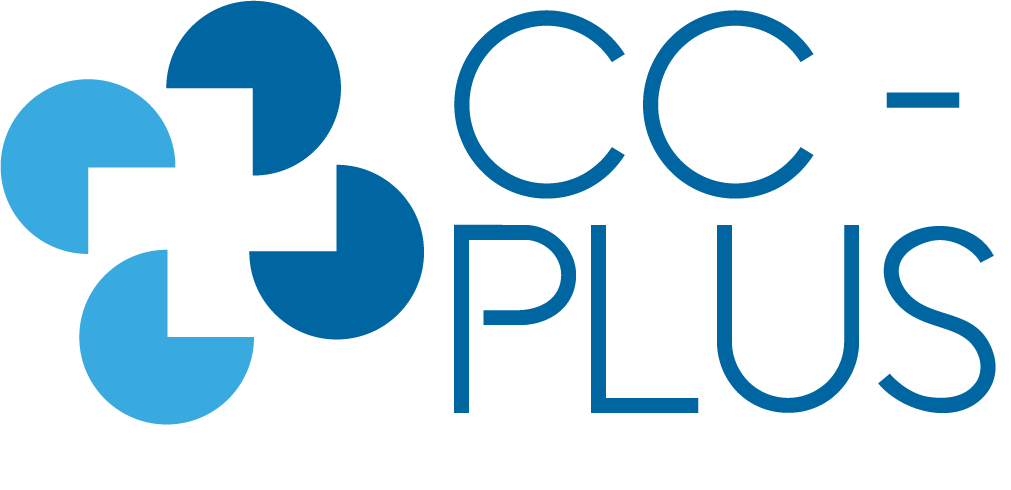The CC-PLUS Advisory Board met on March 5th. A second pilot with seven consortia has been underway since February, with the consortia asked to use it as much as possible over a six week period. They have also been asked to develop a targeted question that they wanted to answer with the tool. A number of bug reports and suggestions for enhancements have come through, and they have provided helpful improvements. All pilot participants have been asked to write up a summary of their experience, including use of external tools and insights that have made the tool more usable for them. Pilot consortia will have access to the tool through June 30th, and some plan to start local installations following the pilot. The pilot has helped to develop ideas around what kind of user community could support the tool into the future. An important next step is to have broad reviews of the code by other relevant communities.
CC-PLUS was selected by the LYRASIS It Takes a Village project to participate in developing sustainable governance. The group will be testing out some of the templates included in the project. This will be particularly helpful as the project is ending one grant term and hopefully beginning another.
A grant writing group is working on a full proposal for the IMLS National Leadership Grants for Libraries program. The Advisory Board heard about the draft project plan, which includes a strong focus on future interoperability. The first phase of the proposed project would center on improving the CC-PLUS software in a number of ways to make it more usable; the second phase would include a project with Index Data as a source for one of their library assessment and reporting tools to test out integration with other sources of library data and show the data being effective at scale; and the third phase would be community development, including practitioners in library and consortia as well as software developers.
The ICOLC Futures Group has narrowed down to six priorities, and a number of those fit well with CC-PLUS as a test case for a sustained and supported open project that consortia want to commit to. More about this will be discussed at the April ICOLC meeting. Ideas discussed creating a more formal structure within ICOLC to support initiatives like this as well as building in a strong and connected communications infrastructure. Alignment to the ICOLC mission was noted as a critical piece. Connections to e-resource librarians, COUNTER, LibLicense, and many other groups and resources are also deeply important to the future of CC-PLUS. Could there a partnership to sustain interest in this project as well as others, such as a Library Data Alliance? Are there ways to enable effective volunteer funding efforts?
